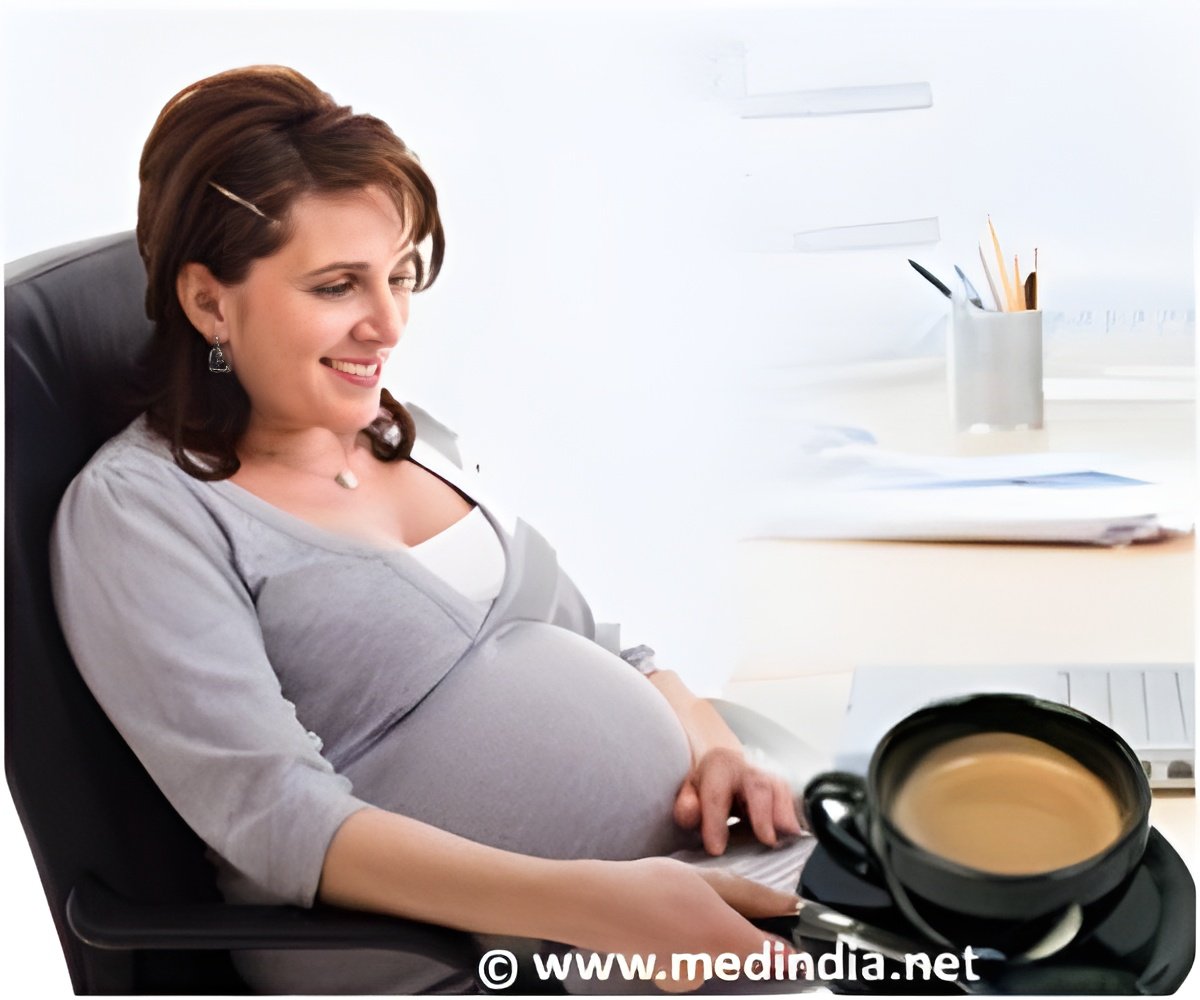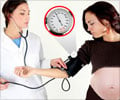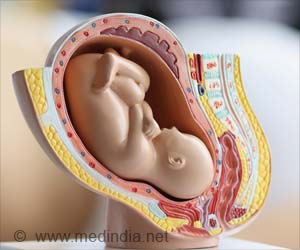Researchers find that moderate daily caffeine intake can result in smaller babies at birth.

‘Mothers with less than 200 mg caffeine intake per day (two cups of coffee) had increased risk of having infants reduced size and lean body mass.’
Read More..




Kathrine, L Grantz, researcher, said, "Until we learn more, our results suggest it might be prudent to limit or forego caffeine-containing beverages during pregnancy." Read More..
The research team examined data on over 2,000 diverse women enrolled from 8 to 13 weeks of pregnancy. Participants were 28 years old on average, had a healthy BMI and were non-smokers. They reported how much caffeine they consumed and also provided a blood sample from 10 to 13 weeks of pregnancy that was analyzed for caffeine and paraxanthine - a compound produced when caffeine is broken down in the body.
Jessica Gleason, author, said, “There’s been a lot of conflicting information out there. We are able to look at a wide range of new neonatal size and growth measures. What's also unique about our sample is that they really didn't drink that much caffeine.”
Findings revealed that infants born to women with the highest blood levels of caffeine were 84 grams lighter at birth, were 0.44 centimeters shorter, and had head circumferences 0.28 centimeters smaller, on average, than infants born to women with now or minimal blood levels of caffeine.
In addition, women with about 50mg (half cup of coffee) of caffeine intake in a day had infants 66 grams lighter and with 0.32cm smaller thigh circumference than infants of non-caffeine consumers.
Advertisement
They add that caffeine could potentially disrupt fetal stress hormones, putting infants at risk for rapid weight gain after birth and for later life obesity, heart disease and diabetes.
Advertisement
However, Dr. Hyagriv Simhan cautions about drawing conclusions. He says birth weight is complex and it’s hard to know what a smaller birth weight means for the babies.
“Often pregnant women and the public in general pay attention to studies like this because they're worried about risks,” Simhan said. “It's fair to say that while there is an effect of caffeine intake on fetal growth. We don't know the implications of that.”
Source-Medindia















